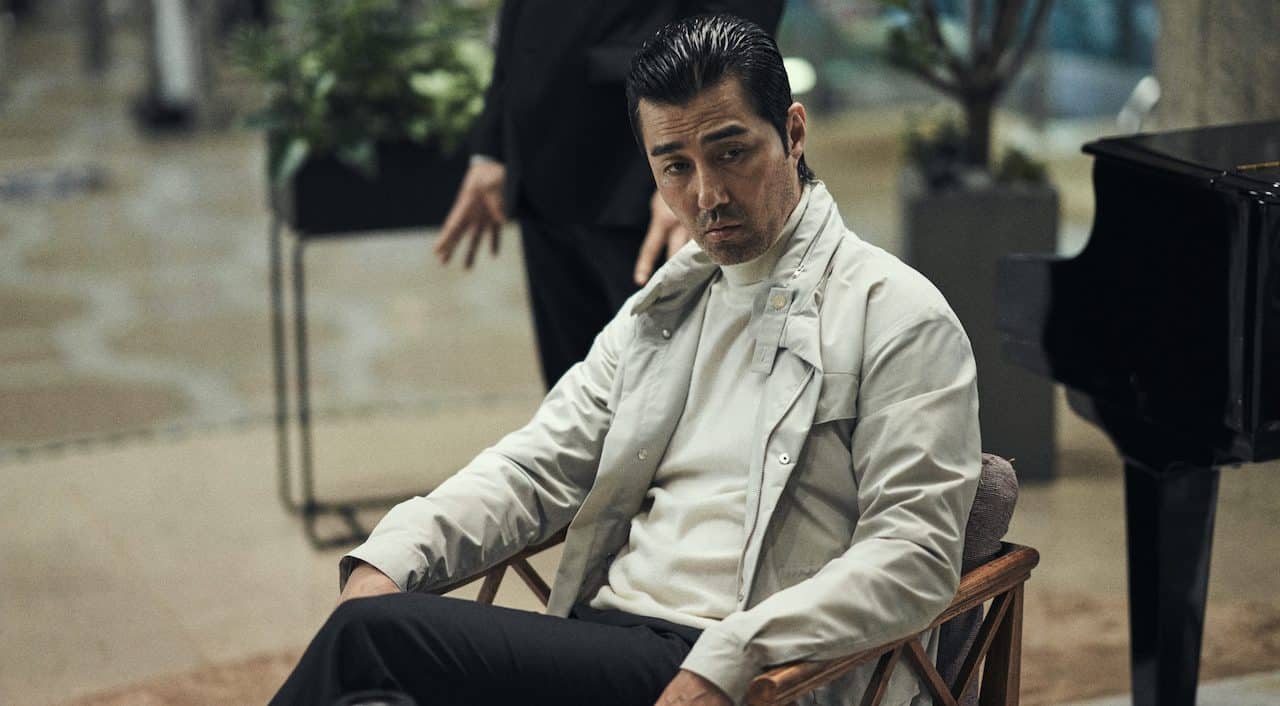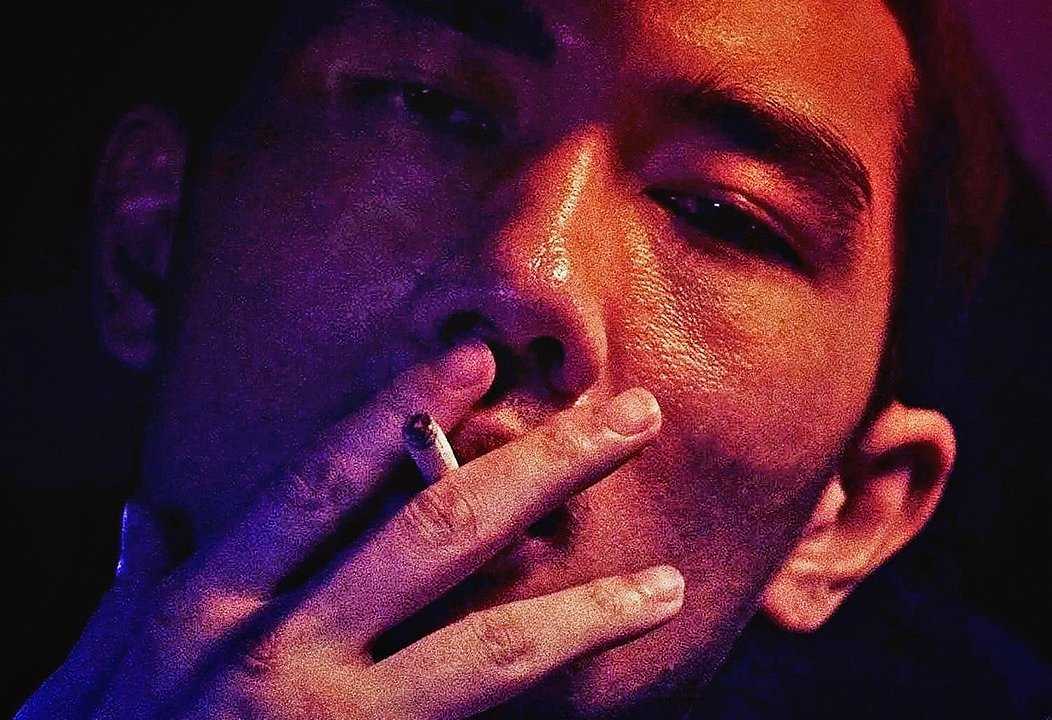Netflix churns out a violent and melancholic South Korean noir, not to be missed: here is our review of Night in Paradise
The last year has certainly given a change to our way of approaching cinema. Until a few years ago, the room was considered the place to really “live” the film experience. Streaming, on the other hand, was viewed with distrust by the most purist cinephiles. To date, over a year of pandemic and lockdown has instead completely changed the cards on the table. The inability to enjoy in-room viewing has led the film industry to opt for home viewing – except in rare cases, see Christopher Nolan. Here then is that on the streaming platforms, at first mistreated, important titles and auteur films begin to flock that in the past we probably would not have seen. From festivals directly online: this is the new rule of modern cinema.
We could open a very wide discussion about it, but we limit ourselves to saying that from 9 April on Netflix one of those unmissable films is available, capable of bringing everyone together: critics and audiences, lovers of auteur cinema and lovers of entertainment cinema. Night in Paradise, South Korean Park Hoon-jung, was precisely presented (out of competition) at the 77th edition of the Venice International Film Festival. The screenwriter of I Saw the Devil (2010) takes up the brutal atmospheres and the theme of revenge from the famous film by Kim Ji-woon, building a ruthless but also poignant and poetic gangster movie. Drama, melodrama, action, violence. Nothing is missing, and the over two hours of viewing go by very fast, leaving the viewer dismayed in front of this cruel bloodbath.
Plot and trailer | Night in Paradise review
Tae-gu Park (Uhm Tae-goo) is one of the leading men of a South Korean criminal organization – the gangpeh, the Korean equivalent of the Japanese yakuza. The man, shy and taciturn, is disputed between different gangs, but is at the same time determined to change his life to devote himself to his sister, who is terminally ill, and his beloved niece. The two are suddenly killed in an attack aimed at the gangster, and the latter decides to take revenge by trying to kill the leader of the responsible clan.
Forced to flee on the island of Jeju, he finds himself the guest of a former gangster and arms dealer, and of the even more shy Jae-yeon (Jeon Yeo-been), nephew of the man also terminally ill. In the week that separates him from his final escape (in agreement with his gang) a strange relationship arises between the two. Both are in fact aware that death is near, for one reason or another. Things go downhill when Tae-gu finds out that Mr. Yang (Park ho-san), his boss, sold him to the rival gang to save his life. The events can only give rise to an uncontrollable bloodshed.
A necessary violence | Night in Paradise review
The revenge movie made great fortune in Asian cinema. On the other hand, considering the high quality of the titles offered, it is not difficult to explain why. On the one hand, we have the emotional charge that this kind of settling of scores – whether criminal or personal – carries with it. On the other hand, we have a completely different way, compared to the Western one, of dealing with feelings, emotions, the cruelty of actions.

Night in Paradise joins the lineup of films that have already made Korean cinema great. Common to all these titles is, of course, the violence. The merit of oriental cinema is that it never makes violence an end in itself. It would be wrong to call Night in Paradise simply an action movie, or a gangster movie. In Night in Paradise the violence makes sense, it is central but not disturbing, it is an integral part of a story. Cruel but necessary, inevitable and frightening. The action sequences are not invasive, but effective and well orchestrated. The dark trail of violence sown throughout history can only end in one hyper-violent and totally hopeless ending , in the best pulp tradition.
Love and death | Night in Paradise review
On the opposite side we find a background of melancholy perfectly wedged in the midst of all these bloody events. The serenity given by nature, and in particular by contact with the sea (did someone say Sonatine?) Is explanatory in this sense. The flavor of a fish soup brings back distant and precious memories. Park Hoon-jung presents his vision of violence and romantic death, in the most literary sense of the word.

The trail of revenge and violence that runs throughout the film becomes in the end the revenge of those who have nothing more to lose. If we think about it, Tae-gu and Jae-yeon meet at a particular time in their lives. The life of one is now marked by his criminal past, and the loss of the only people dear to him puts him in the position of having nothing left to live for. The other has long since lost her family, and her illness makes her collide with an inevitable fate. The two are essentially united precisely by the inexorability of death.
Night in Paradise also becomes one reflection on revenge, honor and justice in the criminal code, in which each character draws a different vision with respect to the dynamics of the story.
Conclusions
Park Hoon-jung refers to the aforementioned Takeshi Kitano in that mixture of drama, blood and poetry characteristic of the best known Japanese director. For his part, he manages to balance well the elements that distinguish the drama, the yakuza movie and the noir, even if the works of the master are inevitably unattainable.
If we wanted to reproach the South Korean director, we could complain about the lack of attention given to the surrounding environment. The “paradise” of the title, source of tranquility and possible expiation, could have found much more space in the story, and in fact it should have been a real character. Instead, we choose to relegate it to a few (but intense) moments and a few frames in the credits. With that extra touch, the story would have had a greater poetic charge. Beat Takeshi teaches.
Continue to follow us on this page to read all of ours reviews of movies and TV series!















